England is suffering a homelessness crisis
England is facing a homelessness crisis, with the number of people living in temporary accommodation in England at a 25 year high.
Over 104,000 households were in temporary accommodation by the end of March 2023, the highest number since records began in 1998.
This is indicative of a 10% jump of homeless people in England compared to last year.
Official data shows that 9,520 more households have been placed in temporary accommodation since 2022.
Thank you very much Madam Deputy Speaker.
Could we have a debate in government time on a very sad record which will be broken? The highest ever number of families in homeless households in temporary accommodation in London by the end of this summer, ever, ever, ever!
The long term impact on health and educational attainment of our citizens is at risk.
Would she agree with me that in the current climate, with the mortgage crisis, the unaffordable rents going up by 20% in some London boroughs, and very, very long queues for social homes because of the lack of money from the government to build them; we do desperately need to tackle the housing crisis in London and beyond?
Catherine West, Labour MP
Over 131,000 children are also in temporary accommodation, the highest figure on record. Almost 14,000 households were in hotels or bed and breakfast accommodation in the three months ending in March.
Official figures also show a sharp rise in homelessness in older people in the year ending on the 31st of March, and a 33.3% increase in the number of homeless households with a priority need due to old age.
Experts say loss of private tenancy is a leading cause of homelessness. Instability in the private rental market, exacerbated in the short term by rising interest rates and mortgage payment increases, has led to steep rent rises and property owners deciding to sell their properties.
Campaigners say a lack of housing exacerbated by a decision by ministers to freeze local housing allowance rates for the past three years also lies at the root of the problem.
The number of households being issued with no fault evictions has also risen in the past year with a 21% increase in those at risk of homelessness due to a no fault eviction.
The government has also frozen the local housing allowance at 2020 levels. This is the amount which people claiming household benefits who rent privately are entitled to.
Let's test that because the question he refuses to answer, he actually knows the answer to this question, is £2,900 extra.
That's the cost to the average family of the Tory mortgage penalty. Now he was warned by experts about this as long ago as autumn last year, but he either didn't get it, didn't believe it, or didn't care because he certainly didn't do anything.
And when I raised this a couple of months ago, he had the gall to stand at that dispatch box and say he was “delivering for homeowners”.
How is an extra £2,900 a year on repayment “delivering for home owners”?
Sir Keir Starmer, Labour Party Leader
The homelessness crisis in England comes on the heels of a mortgage crisis which has been brewing for some time.
The Bank of England (BOE) hiked interest rates by 50 basis points to 5% in June. The move has affected millions of homeowners, as the interest rates on many mortgages are directly linked to the central bank's base rate.
Tenants have seen their rent increase as 'buy-to-let landlords' pass on higher mortgage repayments.
Estimates suggest the BOE interest rate hike would see 1.2 million UK households run out of savings by the end of the year due to higher mortgage repayments.
Higher borrowing costs are not just affecting households with mortgages and other loans, but forcing companies to tread more carefully in their management of costs in a tougher economy.
The mortgage crisis comes against the backdrop of a slowdown in the economy.
If you push interest rates too high, you may be able to bring inflation down but you will certainly push the economy into recession and you will cause problems with the mortgage markets.
Mohamed El-Erian, Queens College Cambridge, President
The inflation in June stood at 7.9%, down from 8.2% In May, but was still well above the Bank of England's 2% target, while economic output fell 0.1%, month on month, in May.
All sectors of the economy contracted, with the exception of services, so there are now fears of a possible recession due to high inflation and rising interest rates.
I am really worried about this. I am very, very, worried about this. I think the word stagflation, ‘stag’ being the second side of growth, ‘flation’ being high price inflation, is going to be something that you and me [sic] and others will say way too many times in the next few months.
Mohamed El-Erian, Queens College Cambridge, President
VIDEO | Several detained at Texas Capitol rally condemning police violence at pro-Palestine demos
IRGC: Raeisi's epic, inspiring role must always remain alive
ICC prosecutor seeks arrest warrant for Netanyahu
Tehran: Martyrdom of president, foreign minister will not disrupt Iran's policy
Inquiry into UK infected blood scandal to reveal findings
WHO chief: Supplies of essential medicines, fuel into Gaza ‘very low’
For Martyr President Raeisi, Palestine was the primary issue of Muslim world
VIDEO | Libya against Israeli regime at ICJ


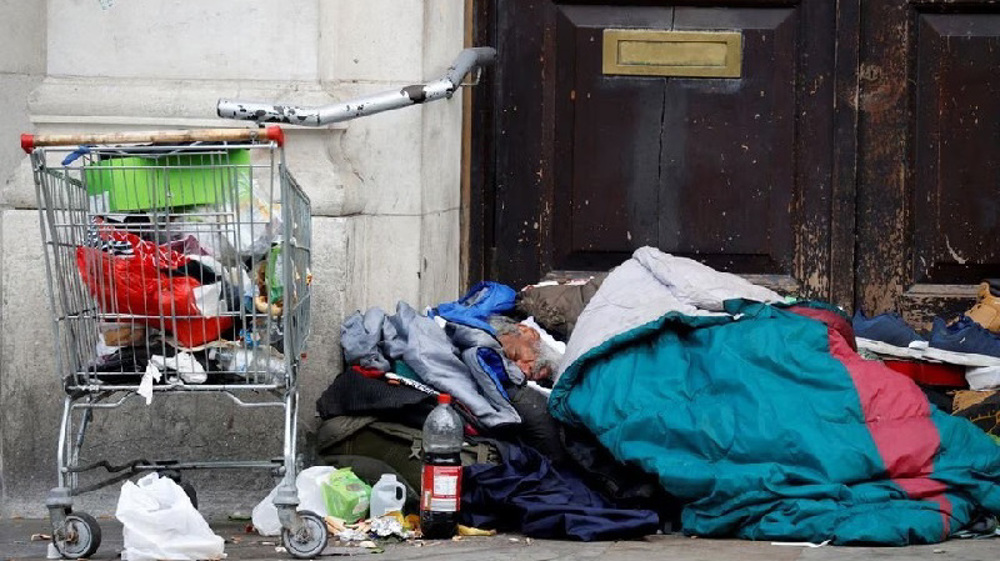
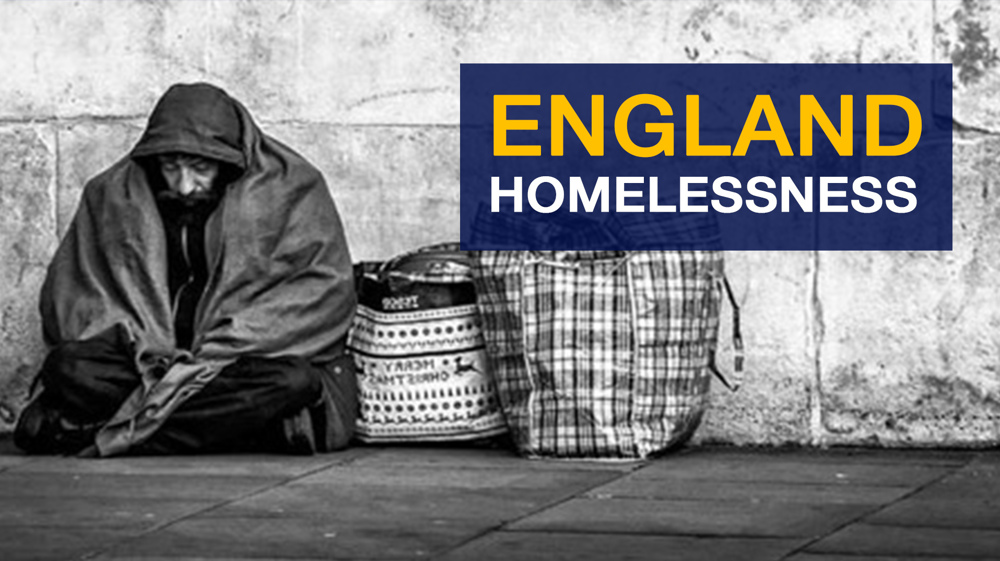
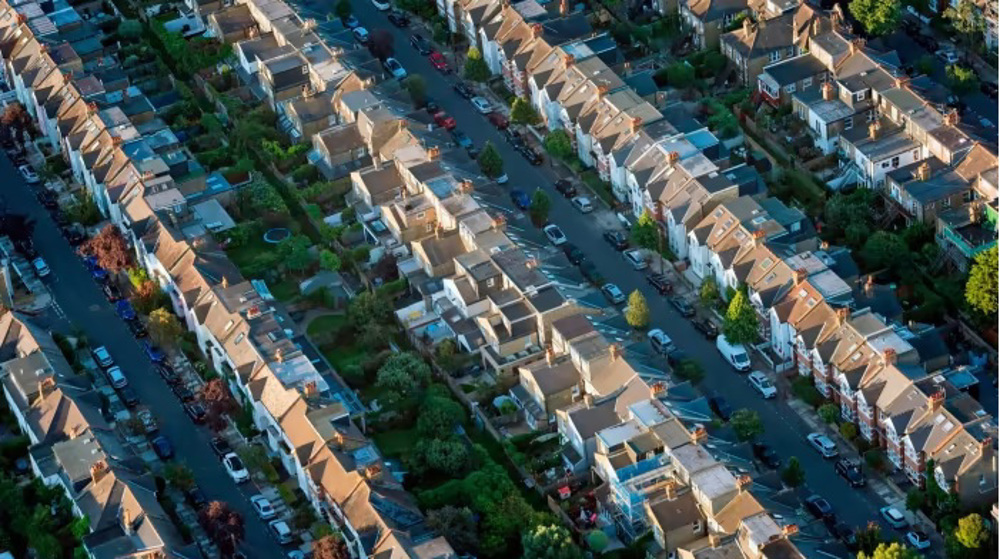

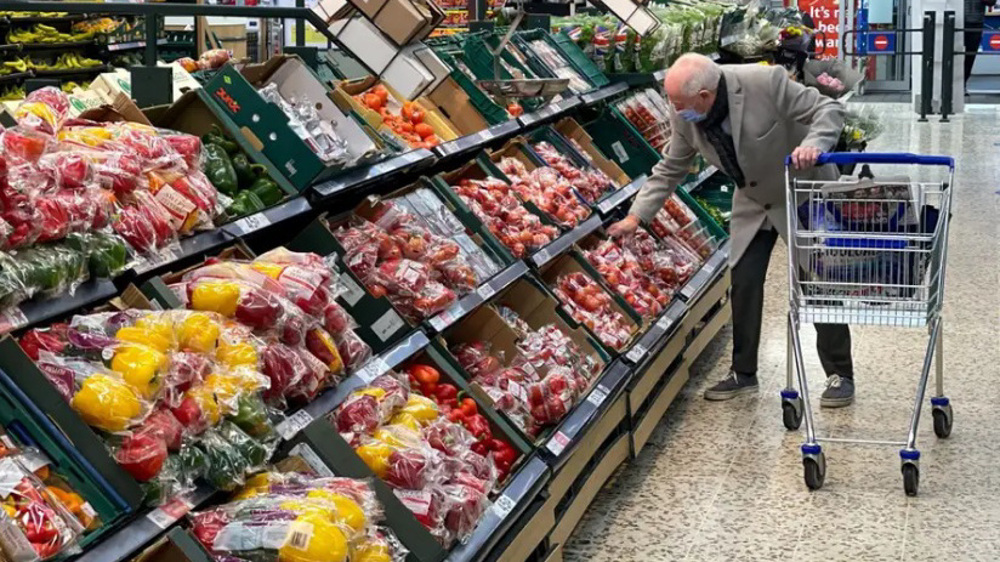


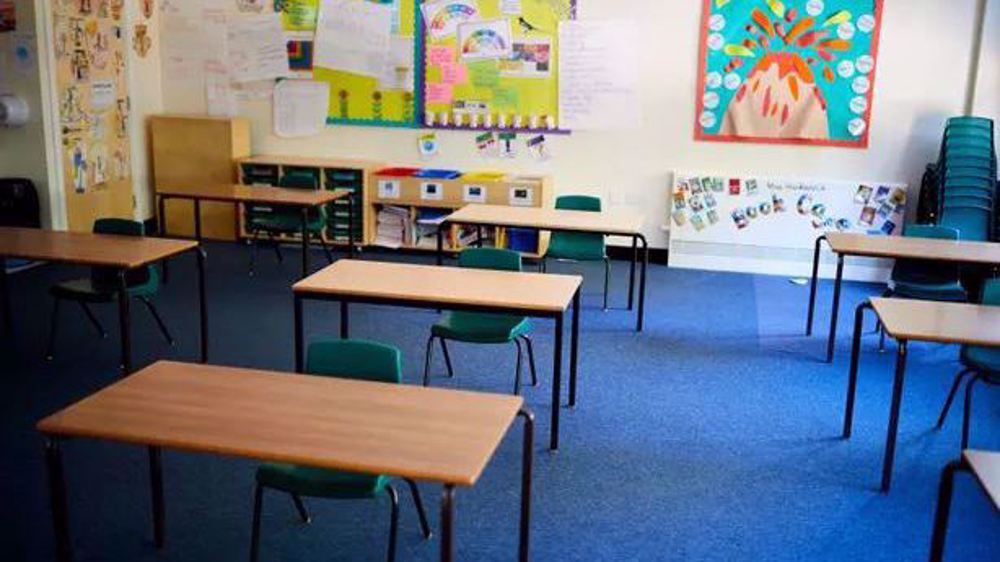

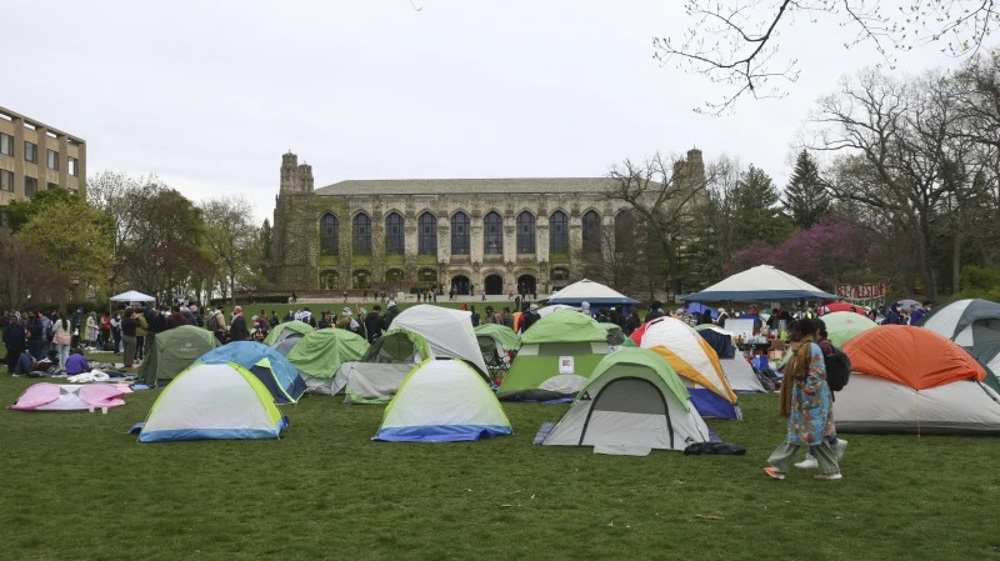




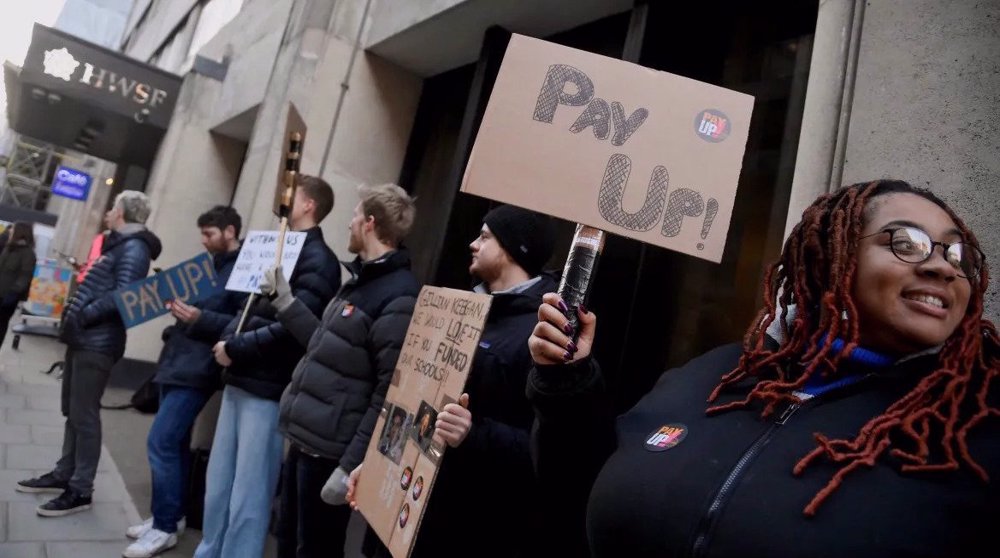
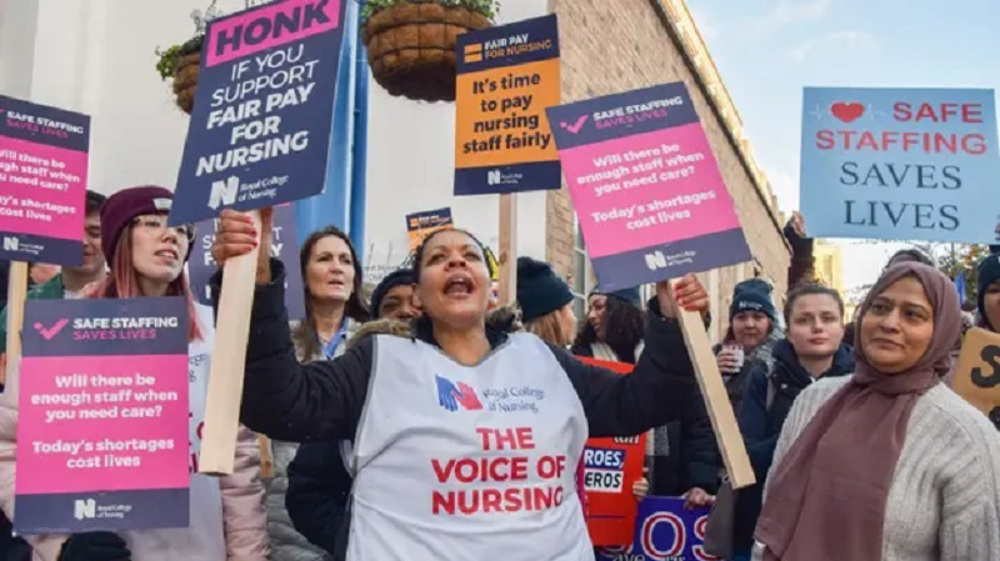
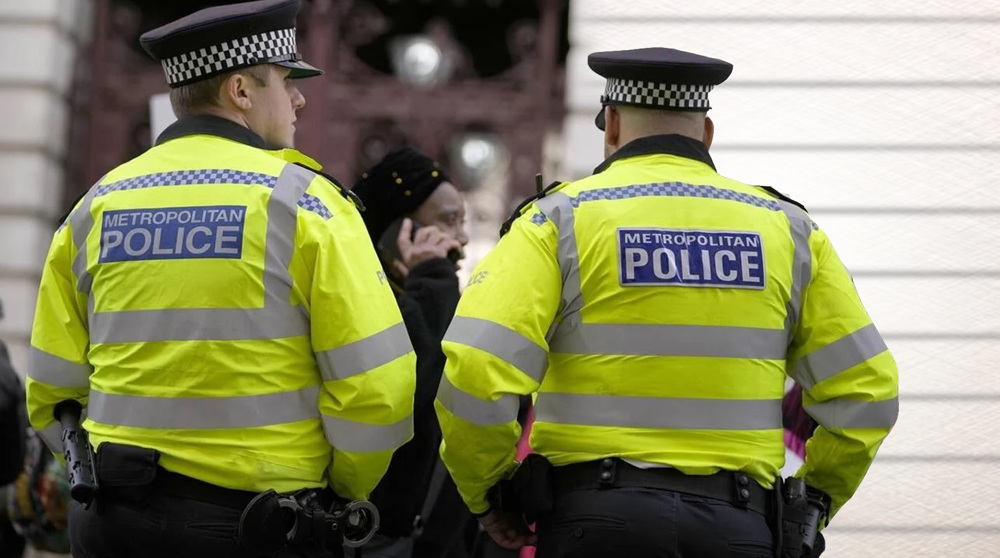
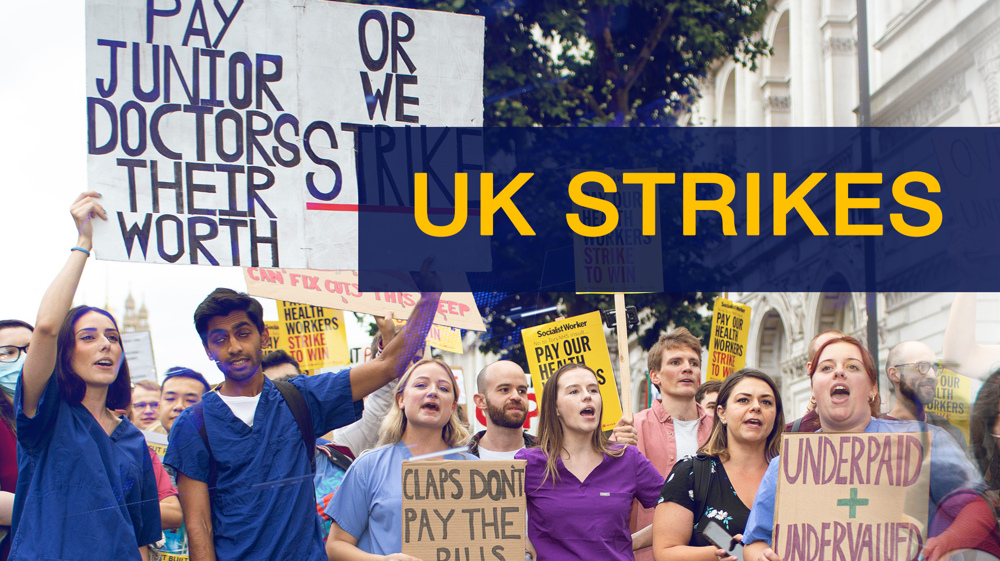
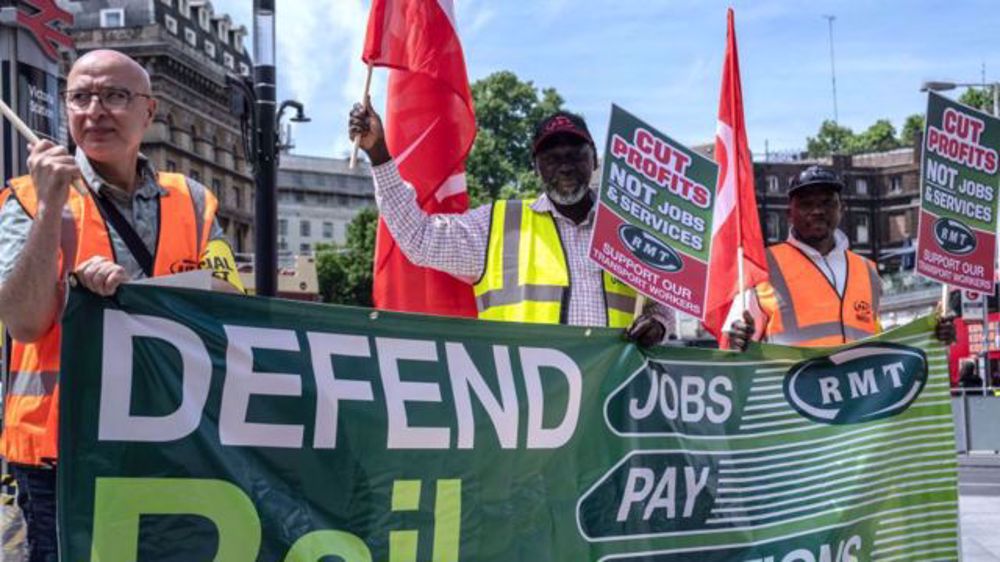
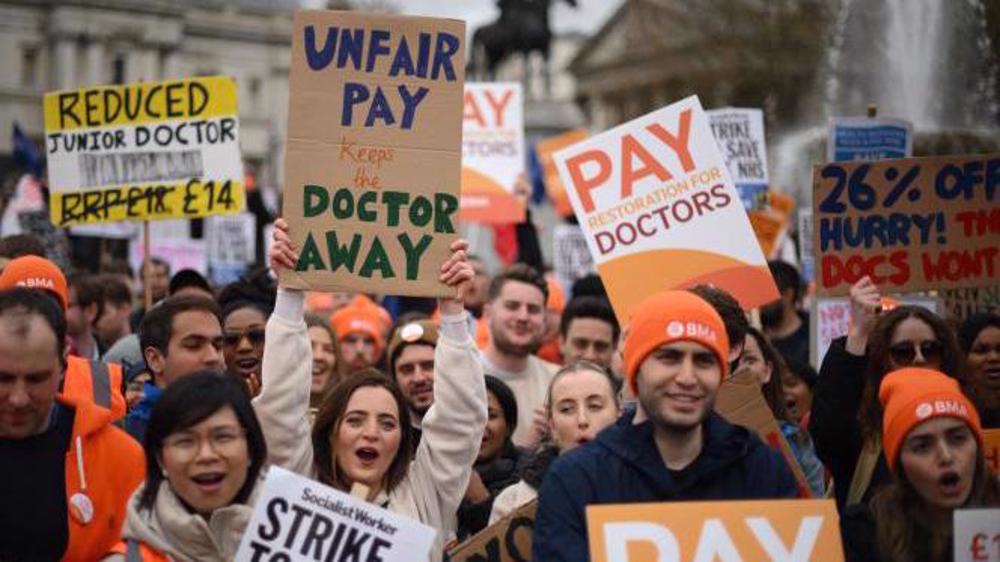


 This makes it easy to access the Press TV website
This makes it easy to access the Press TV website